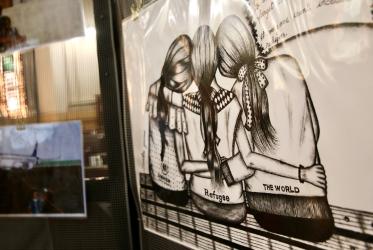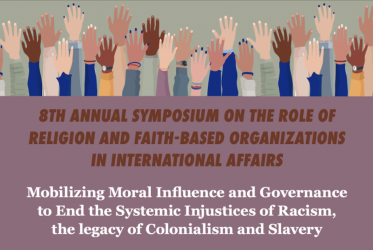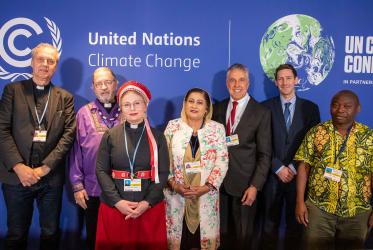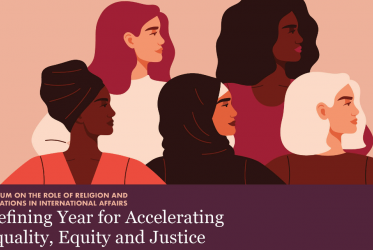Senior UN staff, representatives from faith groups and members of civil society will be presenting at the 7th Annual Symposium on the Role of Religion and Faith-based Organizations in International Affairs on January 26, 2021. This year’s event will focus on “2021: A defining year for accelerating gender equality, equity and justice,” with a series of presentations and discussions on issues including multi-stakeholder collaboration to accelerate gender equality, equity and justice, the urgency for achieving it, women advancing peace and security, and multilateralism and the intersection of religion and human rights.
19 January 2021















